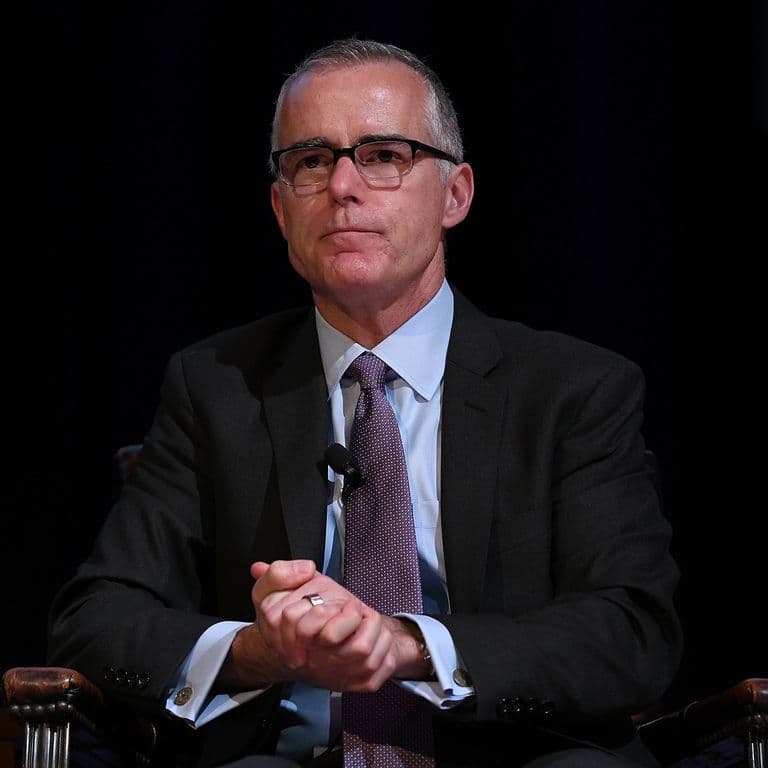Andrew McCabe's CNN Role Under Scrutiny Following Inspector General's Candor Findings

Former FBI Deputy Director Andrew McCabe's continued role as a CNN contributor is facing renewed scrutiny, particularly in light of the Justice Department's Inspector General (OIG) findings regarding his conduct. Critics point to the network's decision to employ McCabe despite an OIG report concluding he "lacked candor" on multiple occasions concerning unauthorized disclosures to the press. McCabe joined CNN as a commentator in August 2019, approximately a year after his termination from the FBI.
The OIG report, released in April 2018, detailed that McCabe made an unauthorized disclosure to a Wall Street Journal reporter about an ongoing investigation related to the Clinton Foundation. The report further found that McCabe subsequently misled investigators, including under oath, about his role in authorizing this disclosure. He also provided inconsistent accounts to then-FBI Director James Comey and other senior FBI executives regarding the leak.
Journalist Joe Concha recently highlighted this ongoing debate on social media, stating in a tweet: > "Still gotta love how McCabe lied about leaking to the press (as Comey did) and CNN pays him a fat paycheck to be a moral authority." This commentary reflects a segment of public opinion that questions the perceived ethical standards applied to former government officials transitioning into media roles.
McCabe's termination from the FBI in March 2018, just days before his scheduled retirement, was directly based on the OIG's findings, with then-Attorney General Jeff Sessions citing a lack of candor. Despite these circumstances, CNN brought McCabe on board to provide analysis on national security and legal matters, a decision that sparked discussions about media organizations' vetting processes for contributors with controversial pasts.
The tweet also draws a parallel to former FBI Director James Comey, who admitted to orchestrating the leak of his private memos detailing conversations with President Trump to the media. Comey stated his intention was to prompt the appointment of a special counsel to investigate Russian interference. While a subsequent OIG review found Comey violated FBI policies by retaining and disseminating memo contents, it concluded his actions did not violate classified information laws, presenting a distinct but related instance of high-profile officials engaging with the press.